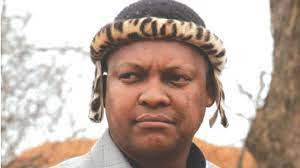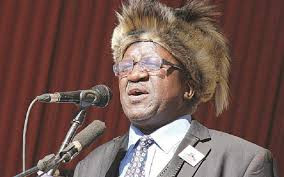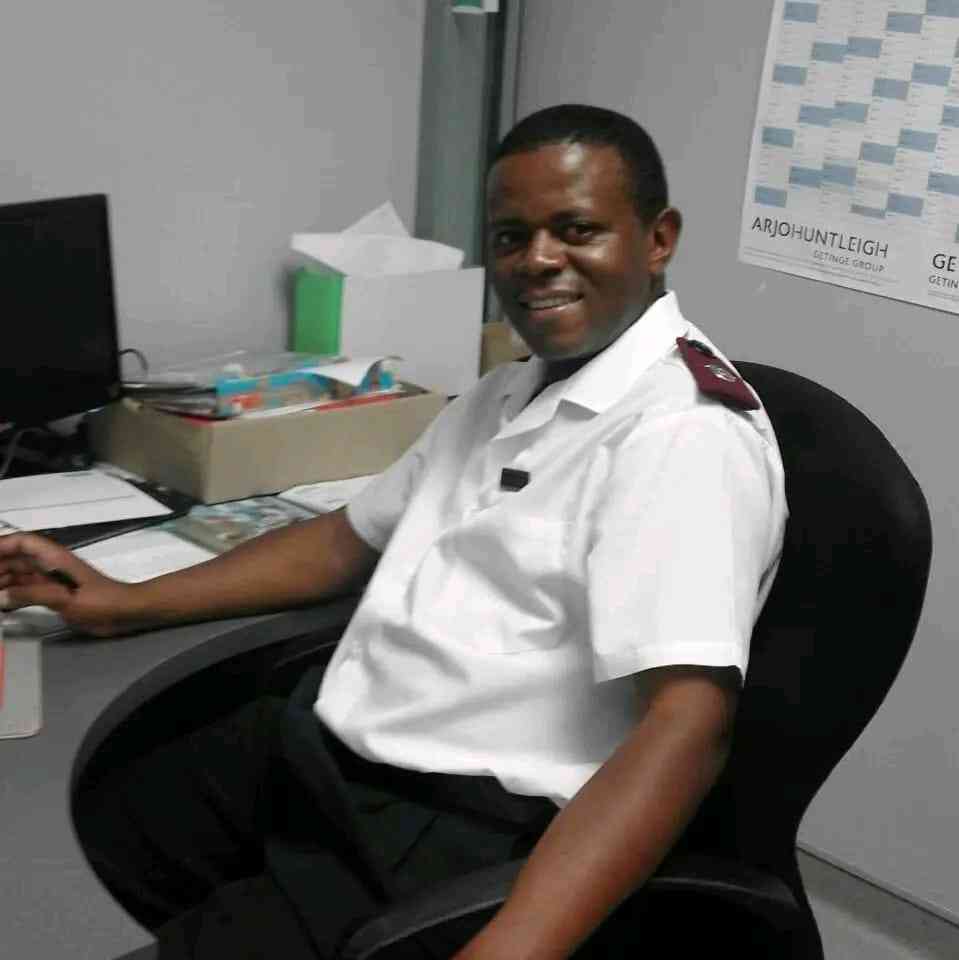H.G. Wells was a prolific writer at the end of the nineteenth century and in many ways was the forerunner of science fiction novelists, with his two most well-known works being the ‘Time Machine’ (which first introduced the idea of travelling forward in time) and ‘The War of the Worlds’ (which described an invasion on earth of aliens from Mars).
Interestingly, forty years later in 1938, a radio adaptation of ‘The War of the Worlds’ produced by Orson Welles was found to be so convincing that thousands of people really did think that the world was being invaded by aliens because of what they heard on the radio – “terror and hysteria hit the streets with reports of mass stampedes, suicides and threats to shoot”.
All did not appear to be well in the world at that time.
This response to the radio adaptation of the play may well underline a point that HG Wells himself made in 1920 when he declared that “Civilisation is in a race between education and catastrophe.”
One hundred years later, who then is winning this race? Has civilisation advanced? How close to a catastrophe are we? Is education succeeding in this war of the world?
The reality is that, in our war of the world, we are not facing an invasion of alien creatures, as was seen in HG Wells’s novel, but we are facing an invasion of alien teaching, arguments and standpoints.
Keep Reading
The proliferation of politically correct demands, the rise of ‘woke’ thinking, the platitudes of modern worldviews, have all been taken up in this war, striving to take civilisation away from the looming catastrophe, yet such will not bring about the desired results.
Only truth, based on values, can win. And education must be at the forefront of presenting truth to our youngsters.
In making the declaration quoted above, H. G. Wells urged “Let us learn the truth and spread it as far and wide as our circumstances allow. For the truth is the greatest weapon we have.”
The sad reality is that we do not appear to be using that weapon, the greatest weapon we have, in our combat to avert catastrophe. The world listens to tweets instead of the truth.
The world loves to use hype to promote its cause, hatred to generate opposition and opinion to justify their actions, though as Marcus Aurelius stated thousands of years ago, “The opinion of ten thousand men is of no value if none of them know anything about the subject.” Truth is not a matter of opinion or of popularity.
Catastrophe continues to loom large in our vision. Greed, destruction, violence, all lurk in the shadows, peddling their own causes with no concern for others or for the future. And what has education done to change that?
Are we still not following the same formula and curricula, thinking that even though it has not worked for the last hundred years it will miraculously do so now?
How well is education faring in this race, one hundred years on? Is education winning? Is education leading the way in this war against impending catastrophe or is education trapped in the pack of other contenders vying for supremacy?
It must not escape our notice that, as HG Wells put it, this is a race. That means there is an end to it. That means there is an urgency to it. That means there is a winner and a loser in it. That means we cannot take it lightly or casually.
That means it affects us all, but most especially our children, the ones we are charged with educating.
Previous generations perhaps have left us in a tough situation but we must play our part to ensure educations wins.
The bottom line is that we must ask ourselves if all is well with our world or if our world is the world of HG Wells or Orsen Welles?
We cannot simply sit back and mutter, “Well, well, well” to ourselves as we move on to another area of amusement or profit.
Education must be at the forefront of averting the potential catastrophe that surrounds us, more than ever. Civilisation has fallen prey to society.
The radio programme deceived a whole section of society into thinking there was an invasion; now society is trying to deceive us to believe we can avert catastrophe through selfish desire. This is war and our children’s minds and very futures are at stake. This is not some vague radio broadcast of a play. This is real life. And we need go no further in time than the present to act.
- Tim Middleton is the executive director of the Association of Trust Schools [ATS]. The views expressed in this article, however, are solely those of the author in his private capacity and do not necessarily represent the views of the ATS.
- email: ceo@atschisz.co.zw
- website: www.atschisz





